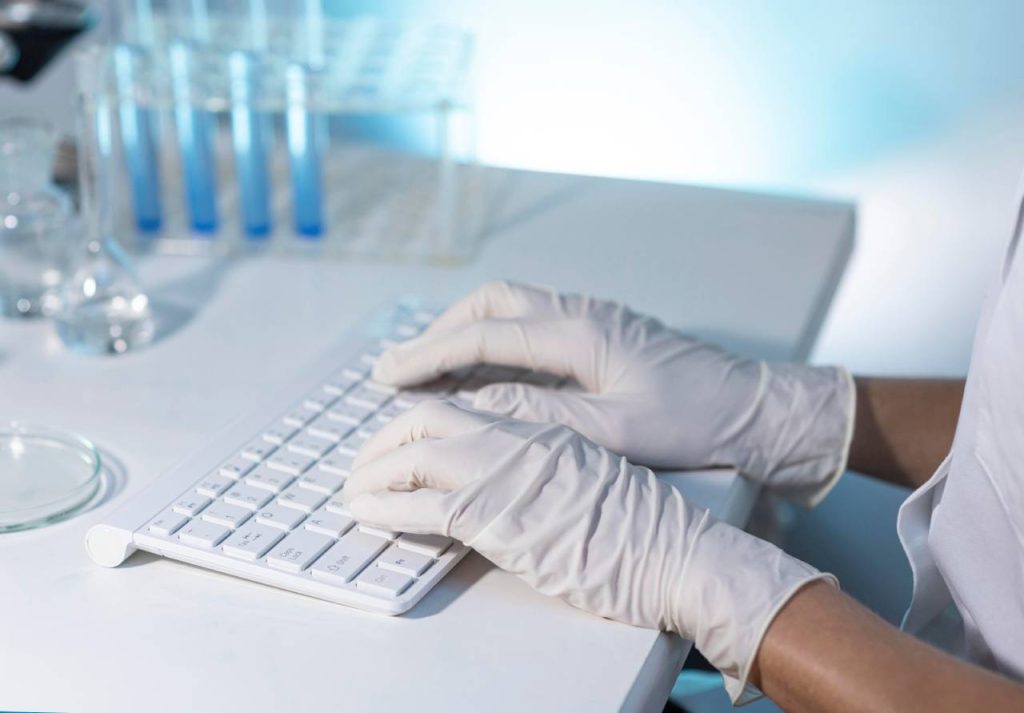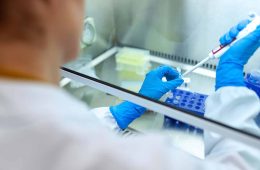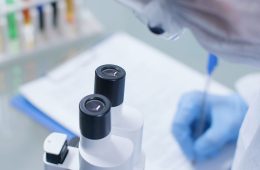how can we help you?
Contact us at the Consulting WP office nearest to you or submit a business inquiry online.
Having values, we offer strictly professional services and through the recognition and reputation of the A CERT, our associated companies and structures and strategic collaborators, we add value to the products, services, institutes and organizations giving them a competitive advantage and making them capable of achieving a dominant position in national and international level.


Laboratory Activities
Certification of laboratories ensures that they operate to the highest standards, delivering accurate and reliable results. The specific regulations and procedures can vary depending on the jurisdiction and the type of laboratory. Here’s an overview of the general principles and common standards that A CERT offers:
- Key Regulations and Standards
ISO/IEC 17025: General Requirements for the Competence of Testing and Calibration - Laboratories: This is the most widely recognized international standard for laboratory accreditation. It outlines requirements for technical competence, management systems, and quality assurance.
- Clinical Laboratory Improvement Amendments (CLIA): This US federal law regulates laboratory testing and establishes quality standards for clinical laboratories.
- European Union Directives: The EU has specific directives for medical devices, in vitro diagnostic devices, and other regulated products, which often require laboratory testing and certification.
Certification Process
- Self-Assessment: The laboratory conducts a thorough self-assessment to identify strengths, weaknesses, and areas for improvement.
- Documentation Review: The certification body reviews the laboratory’s quality management system documentation, including procedures, records, and training materials.
- On-site Assessment: Assessors visit the laboratory to evaluate facilities, equipment, personnel, and procedures. They may conduct interviews, observe tests, and review records.
Technical Assessment: The certification body assesses the laboratory’s technical competence, including calibration procedures, measurement uncertainty, and proficiency testing results. - Decision-Making: Based on the assessment results, the certification body decides whether to grant certification.
- Surveillance Audits: Certified laboratories undergo regular surveillance audits to ensure continued compliance with the standards.
Benefits of Certification
- Enhanced Credibility: Certification demonstrates the laboratory’s commitment to quality and competence.
- Improved Efficiency: Certification can lead to streamlined processes and reduced errors.
- Increased Market Access: Certification can open doors to new markets and customers.
- Regulatory Compliance: Certification helps laboratories comply with relevant regulations and standards.
Specific Considerations for Different Laboratory Types
- Clinical Laboratories: Must comply with regulations related to patient safety, data privacy, and accurate test results.
- Environmental Laboratories: Need to adhere to standards for environmental monitoring, sampling, and analysis.
- Food Testing Laboratories: Must follow regulations for food safety, quality, and authenticity testing.
- Pharmaceutical Laboratories: Subject to stringent quality control standards for drug development and manufacturing.


